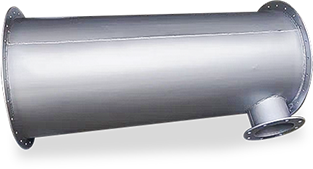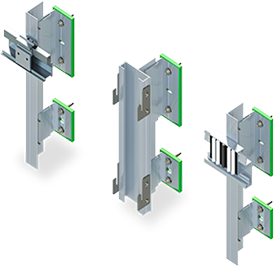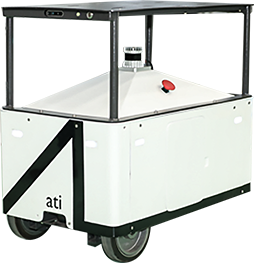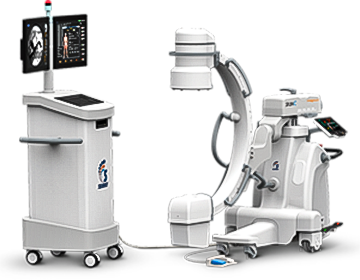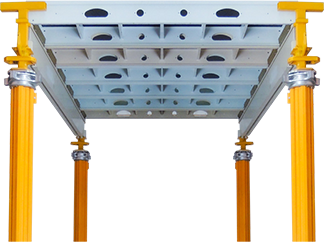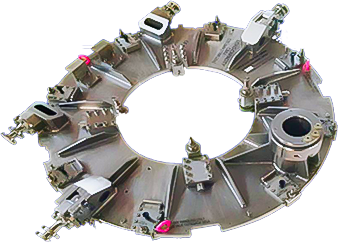DMLS-Inconel
Material Description
Inconel is a high-performance family of nickel-chromium-based superalloys renowned for their exceptional resistance to high-temperature environments, corrosion, and oxidation. These alloys, developed by the Special Metals Corporation, are primarily composed of nickel, chromium, and iron, with small but critical additions of other elements such as molybdenum, niobium, and cobalt. This carefully engineered combination of elements imparts unique mechanical properties to Inconel materials, making them highly suitable for a wide range of demanding applications. Inconel alloys exhibit superb strength, even at elevated temperatures, along with impressive creep and fatigue resistance. Their high nickel content grants them remarkable resistance to oxidation and chloride-induced stress corrosion cracking, a vital feature in applications exposed to aggressive chemical environments. These materials are often employed in aerospace, petrochemical, and marine industries, where they endure extreme heat, pressure, and corrosive conditions, making Inconel an indispensable choice for components like turbine blades, exhaust systems, and high-temperature fasteners.
Furthermore, Inconel’s remarkable thermal stability extends to its exceptional cryogenic properties, rendering it ideal for use in both high-temperature and cryogenic applications. Its robust mechanical characteristics, together with good weldability and formability, make Inconel highly versatile for various manufacturing processes. Whether it’s for gas turbine components in aerospace, heat exchangers in chemical processing, or marine exhaust systems, Inconel alloys continue to be favored for their outstanding technical attributes, making them a critical material in modern engineering and industry.
Common Industry Applications
DMLS Inconel parts are extensively used in aviation and aerospace for high-temperature, corrosion-resistant components, including gas turbine parts, making them crucial in jet engines.
Sub-Processes
3D Printing – Direct Metal Laser Sintering (DMLS)
| Density (g/cm³) | Tensile Yield Strength (MPa) | Fatigue Strength (MPa) | Hardness (Brinell) | Thermal Conductivity (W/m·K) | Coefficient of Thermal Expansion (micro m/m-deg) | Electrical Resistivity (micro Ohm-cm) |
|---|---|---|---|---|---|---|
| 8400 | 100-500 | 300-500 | 150 - 330 | ~10-18 | 13.4 | 70-126 |
Design Recommendation
Inconel, a high-temperature nickel alloy, is well-suited for applications requiring superior strength at elevated temperatures. When 3D printing Inconel using DMLS, designs should prioritize minimizing heat buildup and distortion. This can be achieved through optimizing layer thickness, overhang angles, and the use of strategically placed cooling channels. Proper support structures are crucial due to Inconel’s high melting point, and post-print treatments like stress relief and surface finishing should be considered to enhance the material’s properties and corrosion resistance for specific applications.
Cost Saving Tip
3D printing Inconel with DMLS can be cost-effective by optimizing build orientation to minimize supports and post-processing work. Efficient heat management during printing can enhance productivity and reduce energy costs. Careful material management, including recycling Inconel powder, is essential to maximize cost savings, especially for this high-performance, high-cost material. Selecting the appropriate Inconel alloy for the specific application can also help control costs without compromising on performance.
